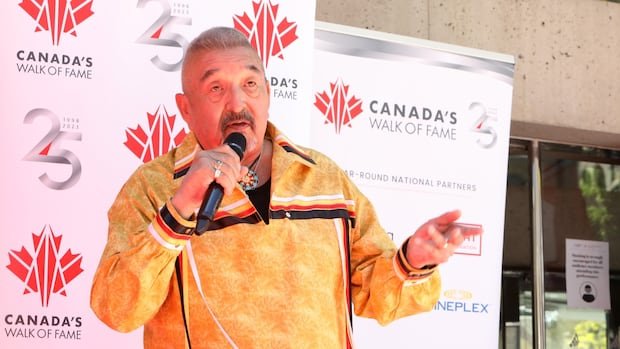The children in Quebec can have more than two parents, according to a decision of the Superior Court that now gives the provincial government 12 months to amend the Civil Code to legally recognize this type of family structure.
In a ruling issued on Thursday, Judge Andrés C. Garin examined the complaints of two separate cases.
The plaintiffs in those cases were The LGBT+ – Coalition LGBT+ – A group that seeks to recognize all families regardless of how they form, as well as three families who could not put the names of three parents in the birth certificates of their children.
The ruling examines the concept of affiliation, which is the legal relationship between a child and parents that establishes rights and responsibilities, and if the Civil Code of Quebec, as is currently written, is equipped to recognize multiple families.
The judge determined that the inability of the Civil Code to legally recognize multiple families violates the right of the Canadian Charter of the plaintiffs to equality.
“Having a maximum of two affiliation links sends the message to the families and the society of several parents in general that only families consider” normal “, with a maximum of two parents, represent family structures that are valid and worthy of legal recognition,” says the ruling.
“This message reinforces and perpetuates the disadvantages experienced by those who are part of a non -traditional family.”
The plaintiffs alleged other violations of the rights of the Canadian Charter and Quebec:
- The Canadian letter to the life, freedom and security of the person.
- Quebec letter to life, personal security, inviolability and freedom.
- The right of the Quebec letter respect private life.
The judge, however, did not agree with those statements.
At the time of publication, it was not clear if Quebec planned to appeal the ruling. A spokesman from Quebec Minister of Justice, Simon Jolin-Barrette, said the government is reviewing the judge’s decision.
The new ruling could affect other provinces, says the lawyer
“Everyone is so relieved and so happy to be finally recognized from a legal point of view,” said Marc-André Landry, a Lavery lawyer who represented one of the families.
He argued that it is the best for children that provincial law formally recognizes family structures that coincide with their realities.
This ruling, Landry explained, will provide “all protections and all the benefits of the law” to children in multiparantal families, including rights related to succession, insurance and custody.
He predicts that the impact of this decision will not only be legal, but also social.
“The law accelerates the social acceptance of situations that may not have been so orthodox before,” Landry said, pointing out the example of homosexual and lesbian parents, who obtained more acceptance in society after their condition was legally recognized.
But Sylvie Schirm, Family Law Lawyer anticipates some obstacles that could arise from the ruling, especially in case of a break.
“If there are two [parents] Against one, will there be a vote? “Schirm asked, and added that the most detrimental to a child does not have to live in different places, but parents’ conflicts.
Isabel Côté, professor at the Department of Social Work at the University of Québec in Outauauis, argued that the law currently has everything to make decisions in a context of separation, where conflicts within a family could be significant.
“The question of the best interests of the child is already there in the heart of the decisions that judges currently take in acrimoninary separation contexts. Therefore, it would not be different in a multiple context,” said Côté.
Sarah Woods, another lawyer who represented some of the plaintiffs, including The coalition des familles LGBT+, He believes that the ruling will establish a precedent and influence other provinces that do not yet have similar legislation.
“It can serve as a precedent in interpretation [of the Canadian law] In another province, “Woods said.
If the ruling is found and the changes are finally made to the Civil Code, Quebec would become the fifth province or territory in Canada to legally recognize families with at least three parents.
According to BC’s law, a child conceived through assisted reproduction can have up to three parents, provided there is a written agreement, and the law specifies which persons can be part of that agreement.
In Ontario, up to four people can be recognized as the parents of a child, regardless of how the child is conceived. The same goes for Saskatchewan.
In Yukon, birth statements must include the names of the child, the mother, the father and “other father” if that applies.
The law of vital statistics of the territory defines the mother as “the woman from which he gives himself to a child” and the father as “a person who recognizes being the biological father of a child.”
The ruling of the Superior Court of Quebec does not specify how the Government must modify the Civil Code.








